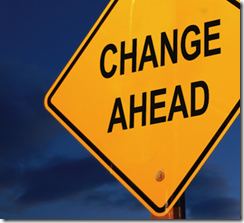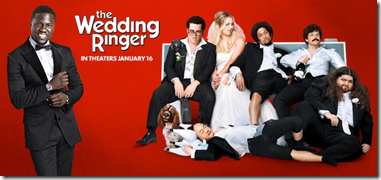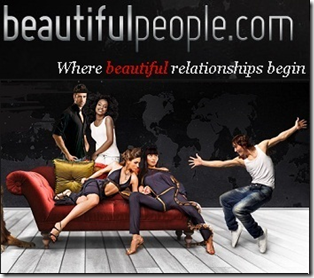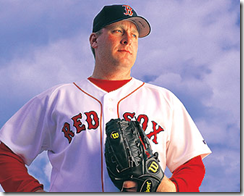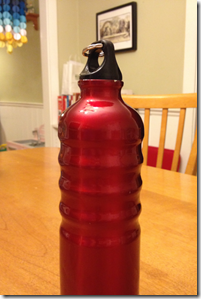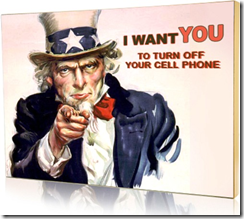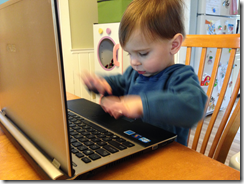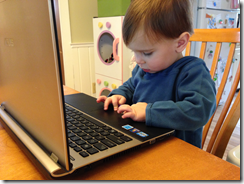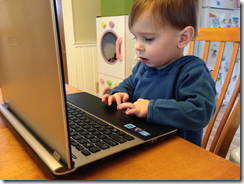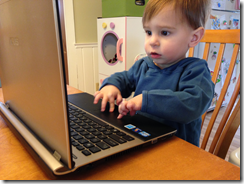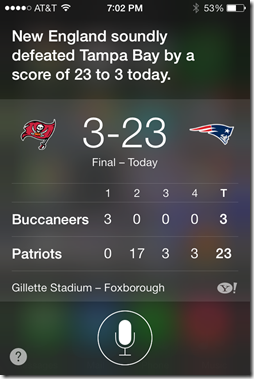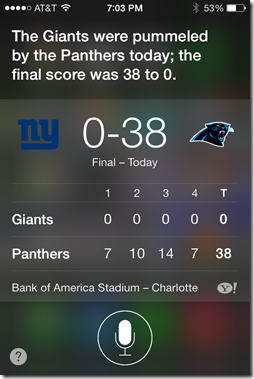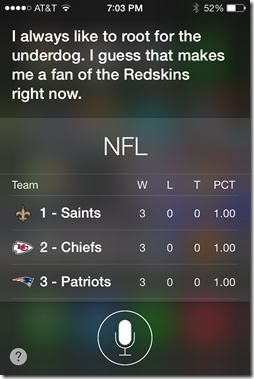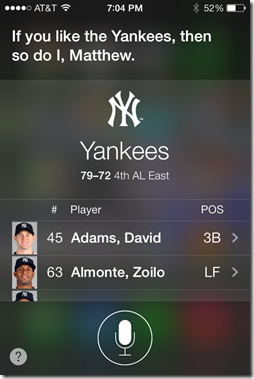I read about the social network BeautifulPeople.com in a piece in TIME magazine.
BeautifulPeople was originally launched as a dating site that billed itself as “an exclusively beautiful community.” It recently added an employment feature on the website intended for employers who want to hire “good-looking staff.”
To be granted entry to BeautifulPeople, individuals must submit a headshot that is voted upon by existing members of the opposite sex. If one is deemed beautiful enough to gain entry – a process the company claims is “fair and democratic” – not only will you “have access to the most attractive people locally and from around the globe,” but job seekers will also be able to look through the site’s job listings, apply directly to companies and network with other presumably “beautiful” people.
How could I not try to become a member of BeautifulPeople?
After uploading my headshot, I began the 48 hour process in which women who are already members of the social network voted on my level of attractiveness.
The voting is fairly transparent. At any time, you can see how you are faring on the attractiveness scale, as well as your current IN/OUT standing.
Right out of the gate, it was looking good. Solidly IN but not so much that I could brag. Just the right amount of IN, I thought.

About fifteen hours later, I was still IN, though my margin of error has diminished considerably.

I also noted that there were not a lot of “Beautiful” votes, but a bunch of women had rated me as “Hmmmm OK.”
I could live with that. Even if this was my wife’s assessment of my physical appearance, I could live with it. But I won’t lie. The substantial number of “No” and “Absolutely Not” votes hurt a little.
It was at this point (perhaps as a defense mechanism) that I began to feel like acceptance to this social network was not something I really wanted. Anonymous strangers were evaluating my level of attractiveness for the sole purpose of determining if I could be a member of their group. This struck me as worse than high school. I felt a little dirty. I thought I might be embarrassed about my acceptance into this exclusive group.
What kind of people would engage in this kind of image obsessed behavior?
Suddenly my IN/OUT status didn’t seem so important.
Five hours later, my status had decreased slightly. Almost imperceptibly.

Just like that, my IN/OUT status mattered a lot. I was still considered beautiful enough to be permitted access to the group, but only by the slightest of margins. And that margin appeared to be closing fast.
What the hell was wrong with these people? I may not be legitimately beautiful, but I’m at least two clicks above average, damn it.
I was angry. I wanted in. I deserved to be in.
Six hours later, the margin of error had increased a bit.

Still almost no “Beautiful” votes but enough “Hmmmm OK” votes to apparently make up for the growing pile of “No” and “Absolutely Not” ratings.
I was feeling a little better. A majority of women thought I was cute. At least the algorithm said so.
Just three hours later, all hell broke loose.
Not really, but I dropped from IN to OUT for the first time. It appeared that my overall rating was exactly in the middle of the continuum, and yet I was OUT. Apparently average doesn’t pass muster on BeautifulPeople.com.
Stupid algorithm.

I took solace in the small uptick of “Beautiful” votes.
Not really.
When I was IN, I didn’t care about BeautifulPeople.com. In fact, I almost wanted to be OUT.
Now that I was OUT, I wanted nothing more than to be IN. I would’ve given my right arm to be IN.
I’m left handed.
I stayed away from the website for 9 hours before checking again. I couldn't bare the heartache and disappointment. But when I returned, my feelings of rejection were washed away with good news. I was IN again, and by one of the widest margin thus far!

Not only was I IN, but my “Beautiful” votes had soared. Women who I would never see or speak to considered me beautiful.
What more could a man want?
Then I got cocky. I assumed that this wide margin would only continue to grow over time. I began planning ways of telling my friends and family about my verified attractiveness. I would bring it up casually in conversation, I decided, perhaps at the mention of another social network like Facebook or Twitter. I wouldn’t brag. Beautiful people don’t need to brag, I would simply be informative.
With about an hour to go before voting closed, I checked back in again, this time on my phone. I was dumbstruck.

This had to be a mistake. I refreshed the screen, hoping for a glitch that I knew didn’t exist. Even worse, because I was on my phone now, the screen size caused the ratings to seem to change. I looked as if some of the women who had originally voted me “Beautiful” had changed their votes to “No” or “Absolutely Not.”
I was crushed. What were the chances that things would change again within the hour?
Not good, I thought.
When the voting closed a little more than an hour later, I received an email from BeautifulPeople.com. It read:
Dear MatthewDicks,
Unfortunately, your application to BeautifulPeople was not successful.
Please note, only one in five applicants are currently accepted into BeautifulPeople.com
Even though your application was not successful, there are several things that can affect the outcome which you should be aware of:
- Wearing Sunglasses on the application photo
- More than one person on the photo
- Bad quality photo
- Lack of profile description
BeautifulPeople encourages you to try again.
Please make sure you take the time to check all your details before applying, as this will dramatically increase your chances of being accepted in by our members.
We wish you all the best success.
Sincerely,
BeautifulPeople
I tried to find a silver living in the email.
Only one in five applicants were currently being accepted. In other words, “You are not in the top twenty percent in terms of attractiveness, loser.”
I looked at the list of factors that might have contributed to my failure. None applied to me. I was not wearing sunglasses. I was alone in my photo. The headshot had been taken by a professional photographer, and my profile description had been written by a publicist.
It couldn’t get much better.
Perhaps a fifth bullet should have read:
- Sadly, you provided an actual photograph of yourself. This was the cause of your downfall.
Yet there was a glimmer of hope. BeautifulPeople.com was encouraging me to apply again, and I will. Same photograph. Same bio. The one thing I will change will be my timing.
When I was dating, I learned that timing is everything.
A girl who would ordinarily never date you could be convinced to give you a chance if you caught her on the rebound.
A girl who showed no interest in you could be convinced of your charm and wit with a couple glasses of wine and the right atmosphere.
A girl who never noticed you might suddenly find you intriguing if another girl was showing interest.
Timing matters. My plan is to apply for BeautifulPeople.com again at a time when people are feeling especially happy and possibly generous.
I’m thinking Labor Day weekend.
Everyone loves a three day weekend, and though Labor Day often signals an end to the summer to many, it is a weekend filled with barbeques and good times. Perhaps if the members of BeautifulPeople.com are spending the weekend at the beach or at parties, they will be feeling slightly more generous than usual.
The good news is I don’t need much to gain access to this loathsome and highly appealing social network. I was on the cusp on entry for the entire 48 hour period. All I need to do is catch a few more female members on the right day, at the right time, and I’m IN.
Labor Day weekend. That is my plan. That is when I will be beautiful, I hope.
I’ll let you know how it goes.



